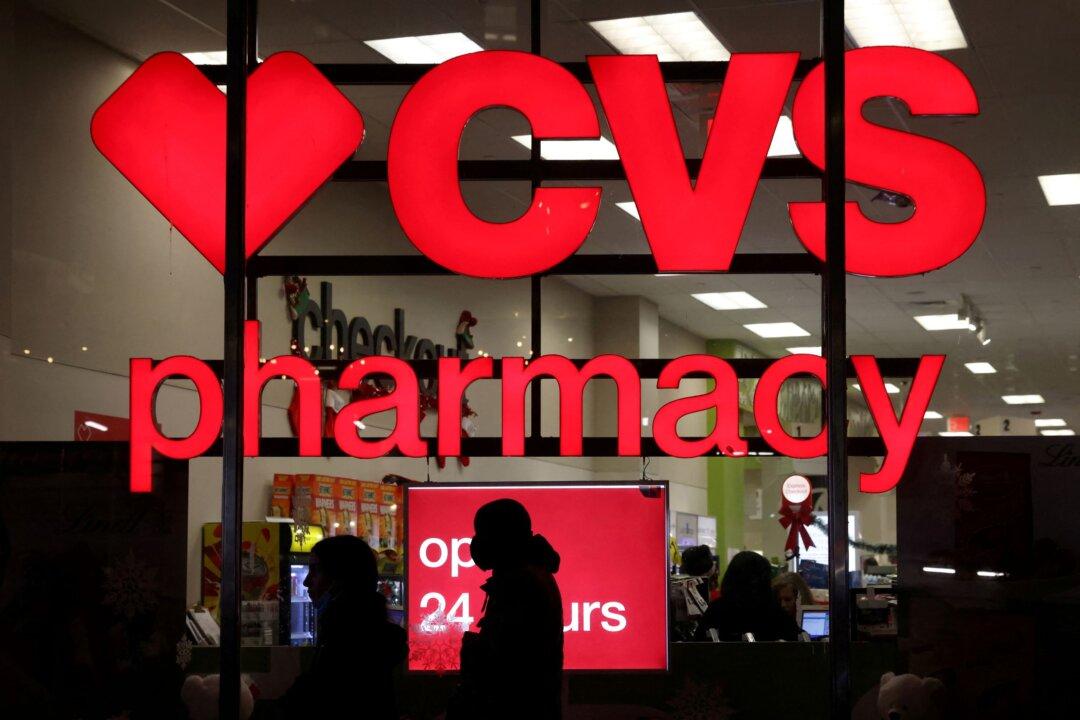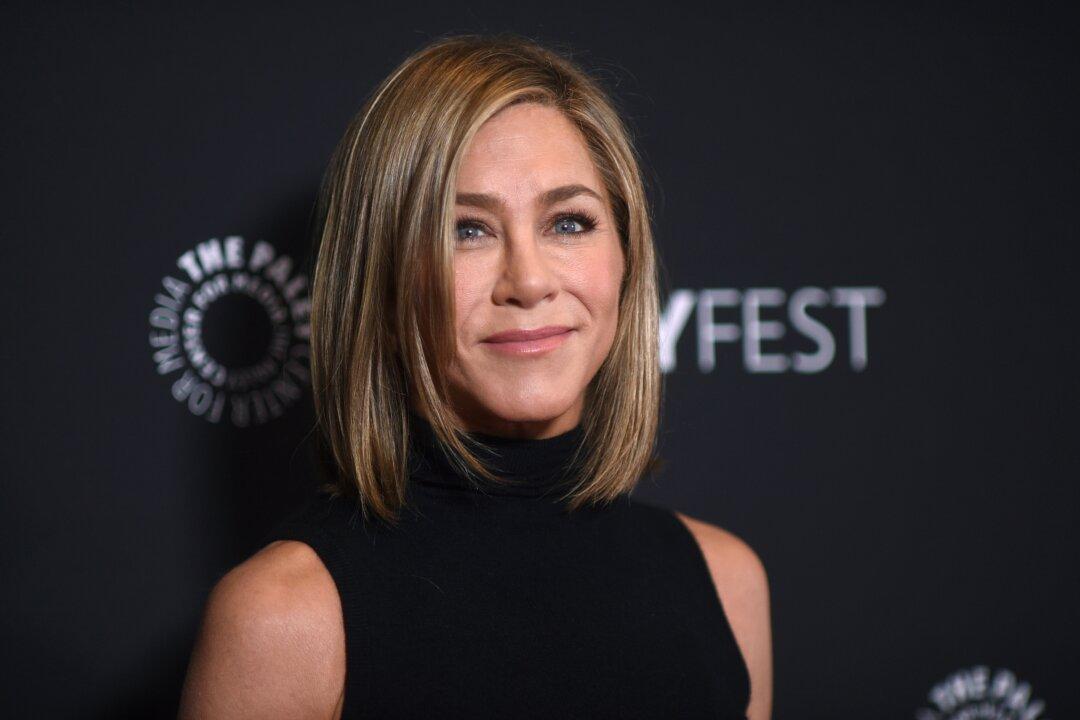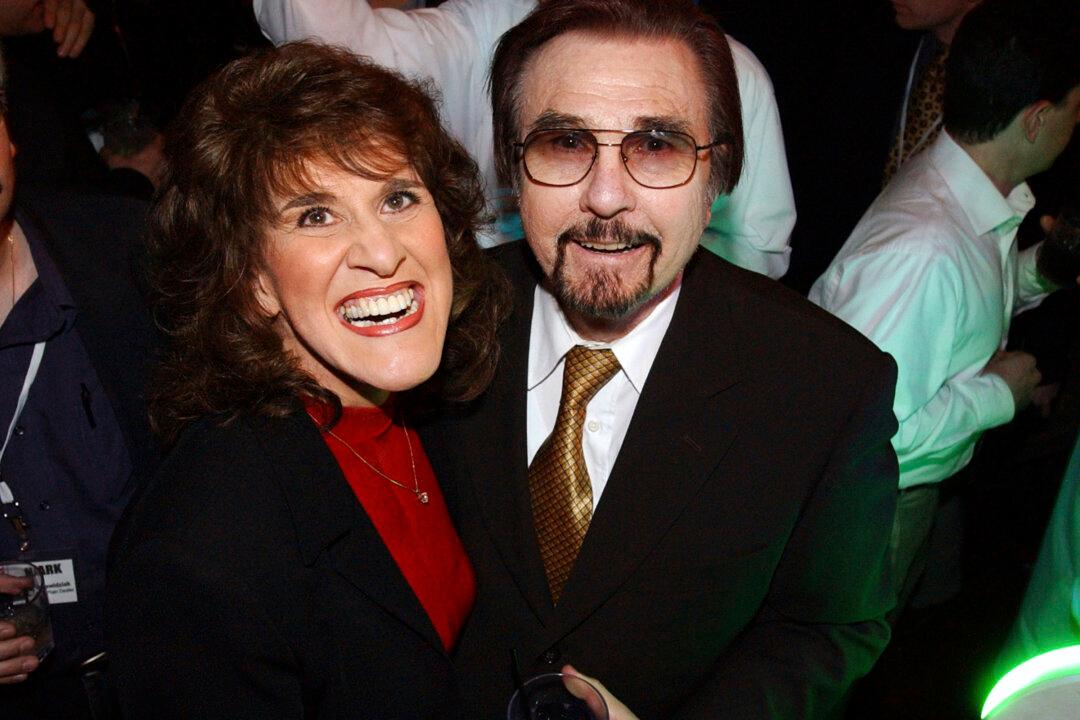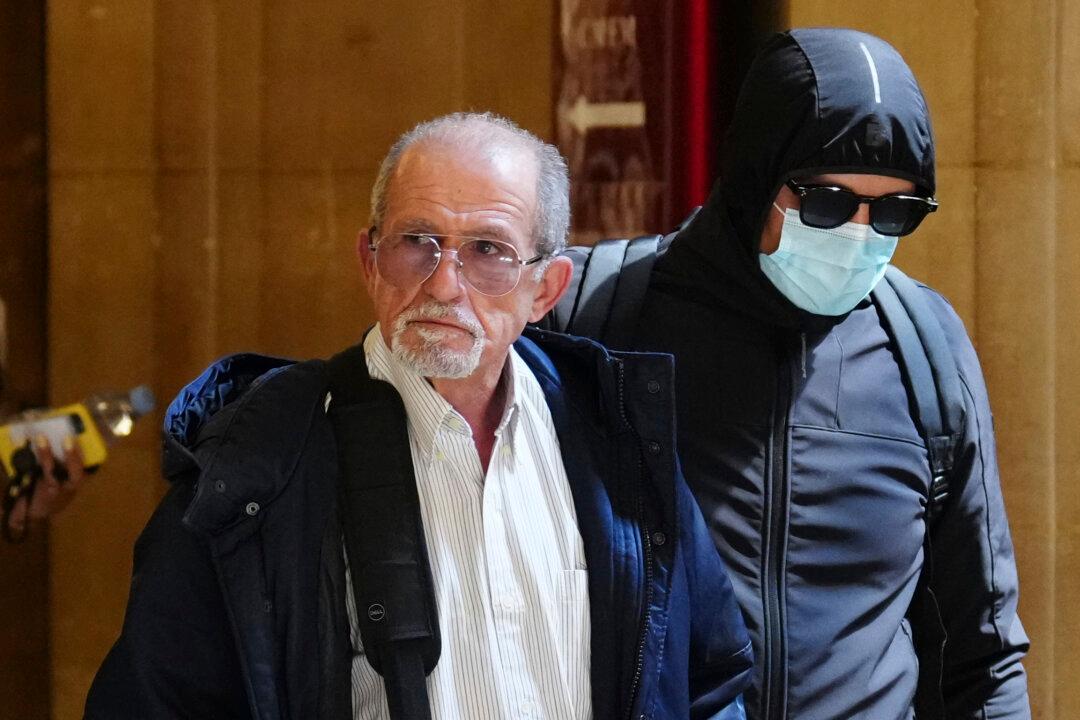Amid layoffs and poor stock performance, America’s largest drug-store chain replaced CEO Karen Lynch with David Joyner, a longtime former executive who returned to the company from retirement last year.
The company also withdrew its 2024 forecast and gave an outlook for third-quarter earnings far below analyst estimates.





